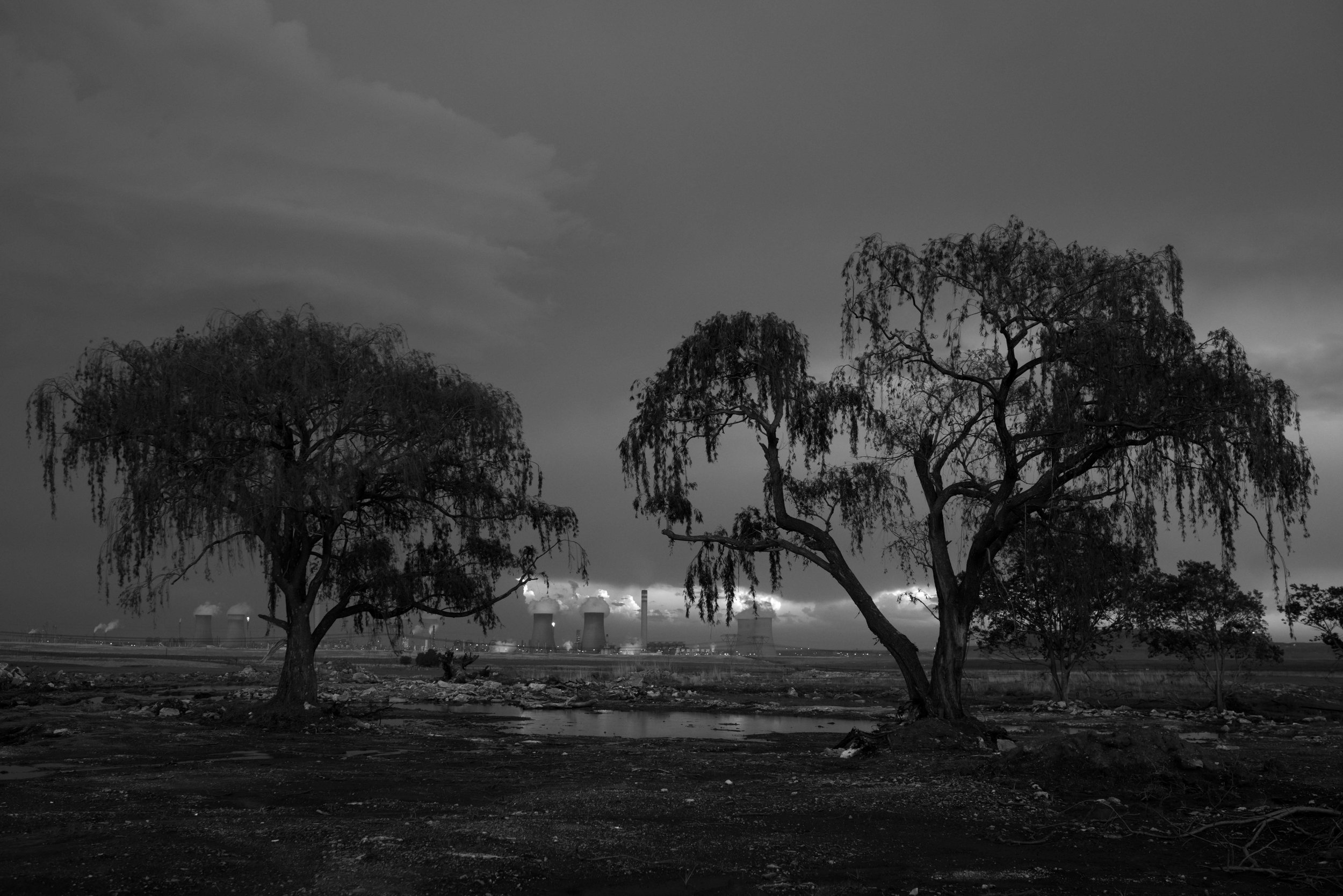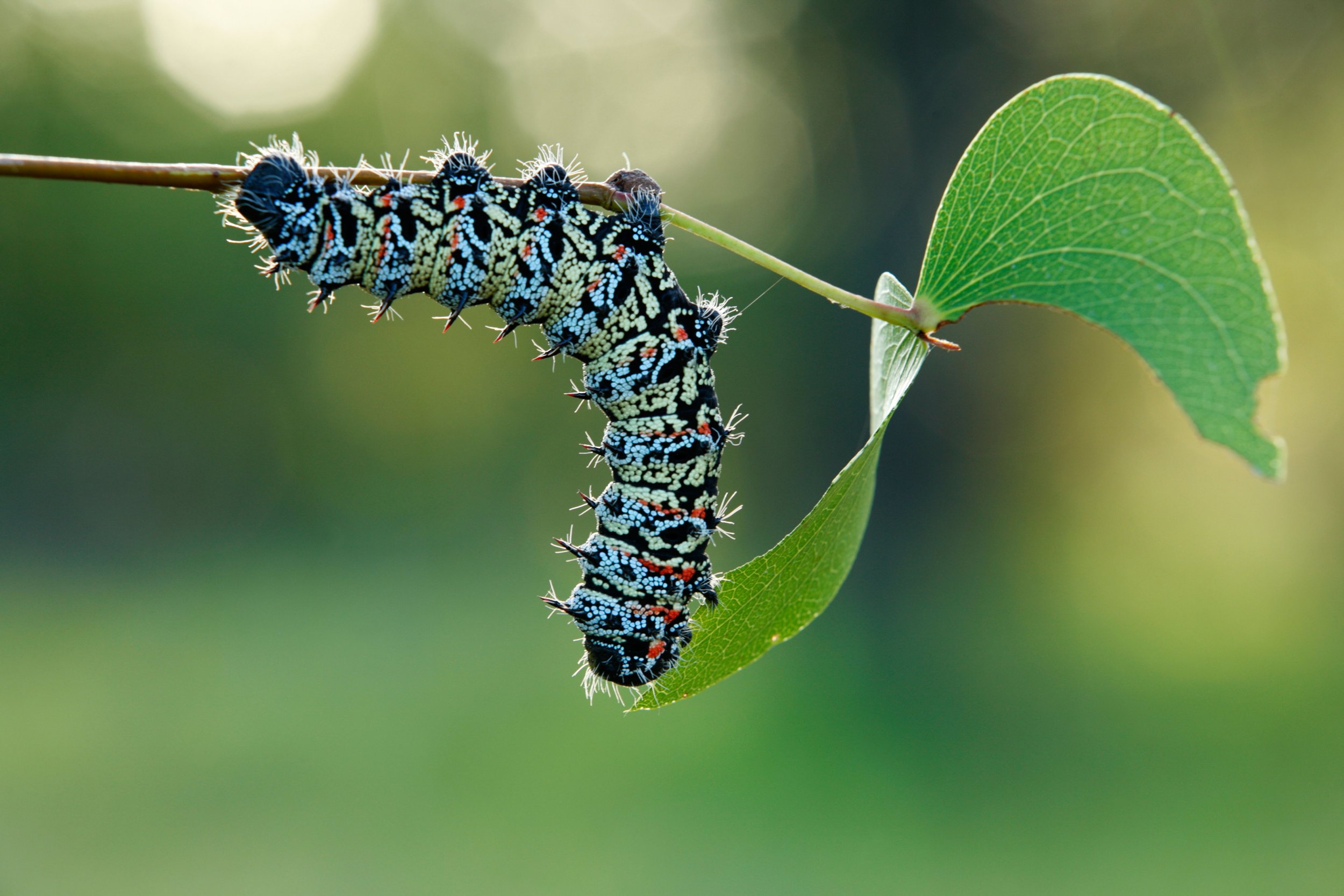
Mashonzha Bonanaza
Show-casing the potential of the biodiversity economy in the Vhembe
The mopane tree’s wild harvest
Africa is rich in indigenous knowledge of edible insects which have formed part of peoples’ diets for centuries. Today, many species are still wild-harvested and traded in informal markets across the region. The potential has barely been tapped.
In the Mopane bioregion that extends across vast tracts of Limpopo, the dominant tree specie, Colophospermum mopane, a drought-resistant hardwood with distinctive butterfly-shaped leaves, is host to a prized delicacy - the caterpillar that hatches from eggs laid on the leaves by the native emperor moth, Gonimbrasia belina.
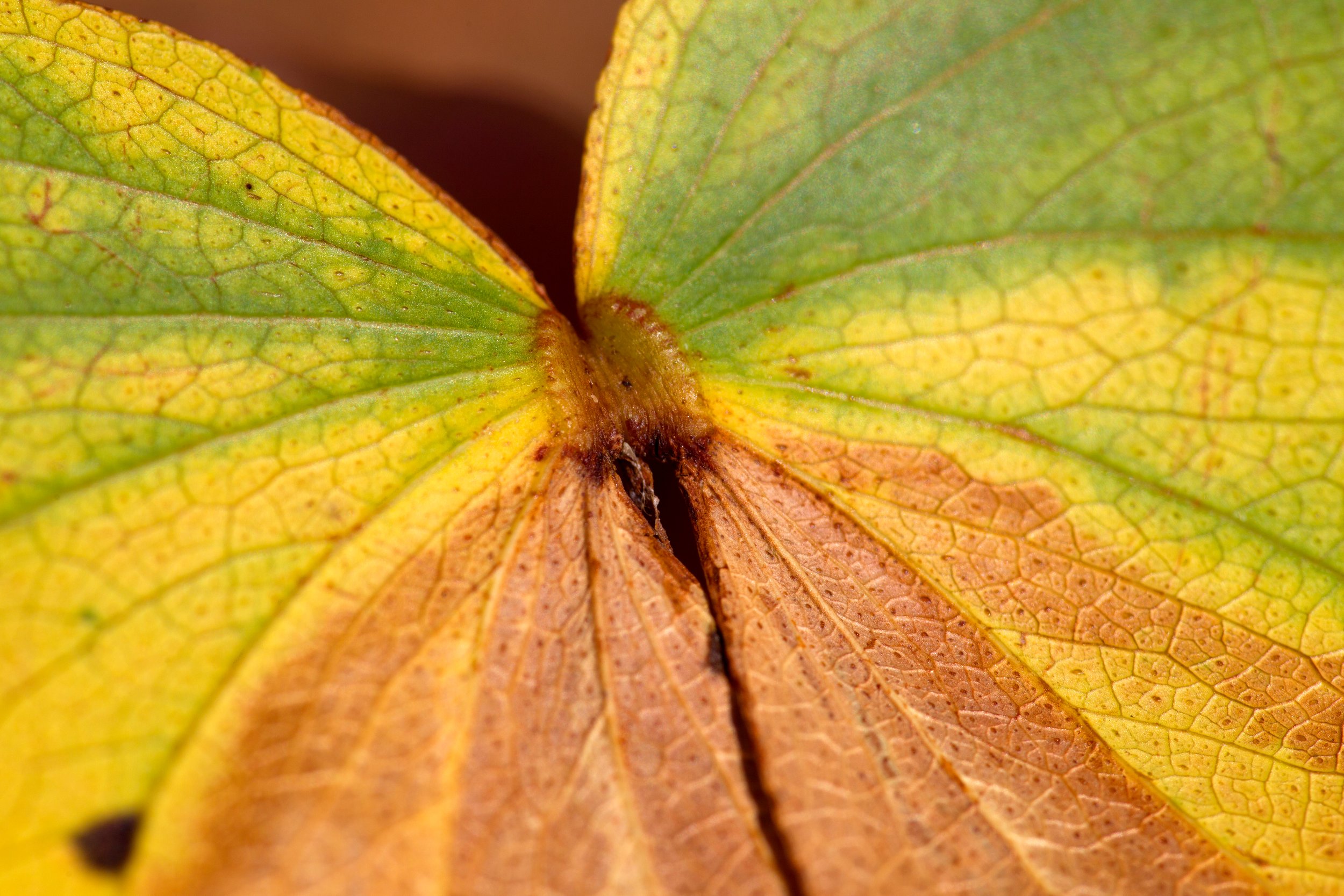

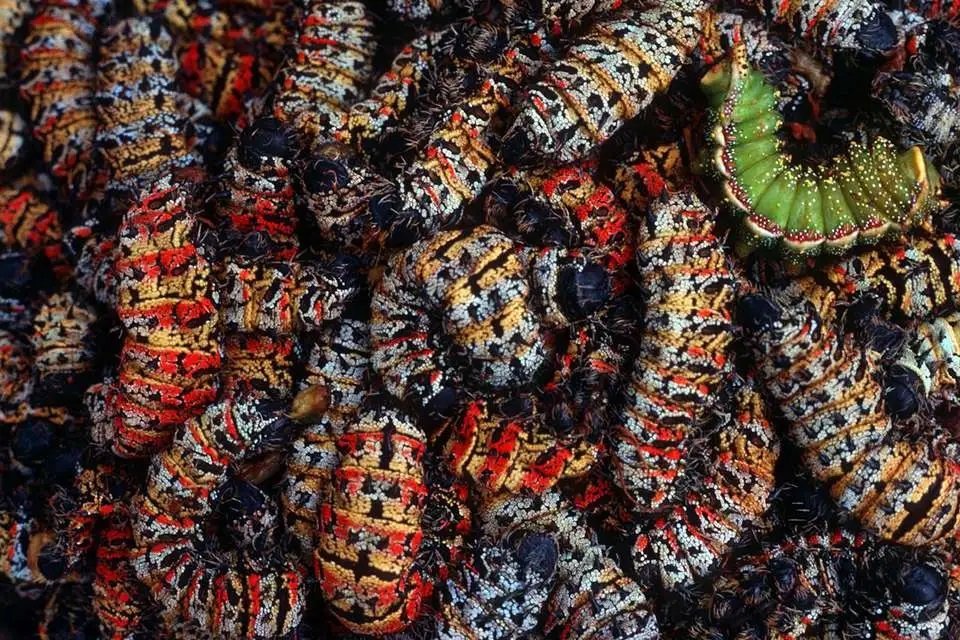
Mashonzha Market
Because this protein-rich super-food is popular across the region, trading in harvested mashonzha is good business! One research study found that traders in the town of Thohoyandou in Limpopo each earn an income of about USD1,400 (about ZAR 25,500) per year from the sale of dried and fresh mopane worms.
Across southern Africa about 16,000 tons of mopane worms are traded annually, generating an income of about R1-R1.8bn (USD60-100m).
While rural communities across southern Africa already depend on indigenous natural resources such as mopane worms for food security and to provide a supplemental source of income, the potential has barely been tapped – and a decline in the availability of these edible insects in the wild suggests that it is being slowly squandered.
-
A growing body of research has shown that these delicious critters have the potential to become a key agro-forestry crop that could contribute significantly to the development of the rural economy, improve food security and reduce malnutrition, as well as solving the environmental challenges of the 21st century, since it can incentivise associated habitat protection, ensuring the provision of other eco-system services of woodlands to farmers and rural communities, including livestock feed, wood and medicine, as well as indirect eco-system services such as pollination, pest and weed control and soil formation and enrichment.
Like the trade in baobab products, the edible insect trade can form an integral part of a broader biodiversity-based economy, with each sub-sector complementing rather than competing destructively with the others.
-
For too long, the potential of mopane worms and other edible insects from broom harvesters, to termites and stink bugs has been neglected and all related economic activity confined to the informal sector, which has handicapped its growth and development.
Euro-centric cultural biases against “entomophagy” and Western developmental perspectives have contaminated agricultural and economic policy, leading policy-makers to ignore the economic value and potential of traditional practices. Insects in the conventional Western paradigm are merely the underpinning of a chemical pesticide industry!
As a result, commercialisation of entomophagy in South Africa has lagged far behind Asia.
-
Fortunately, Operation Phakisa for the Biodiversity Economy is a breakthrough in de-colonising economic policy and furthering pro-poor economic development models built on intrinsically more sustainable Indigenous Knowledge Systems.
Operation Phakisa initiatives to develop bio-prospecting and bio-trade (sustainable commercial utilisation of high-value indigenous species) can unlock this potential and stimulate the development of the industry for the immediate and direct benefit of the rural custodians of our shared natural capital in the Vhembe.
It's crunch time for the Vhembe’s critters!
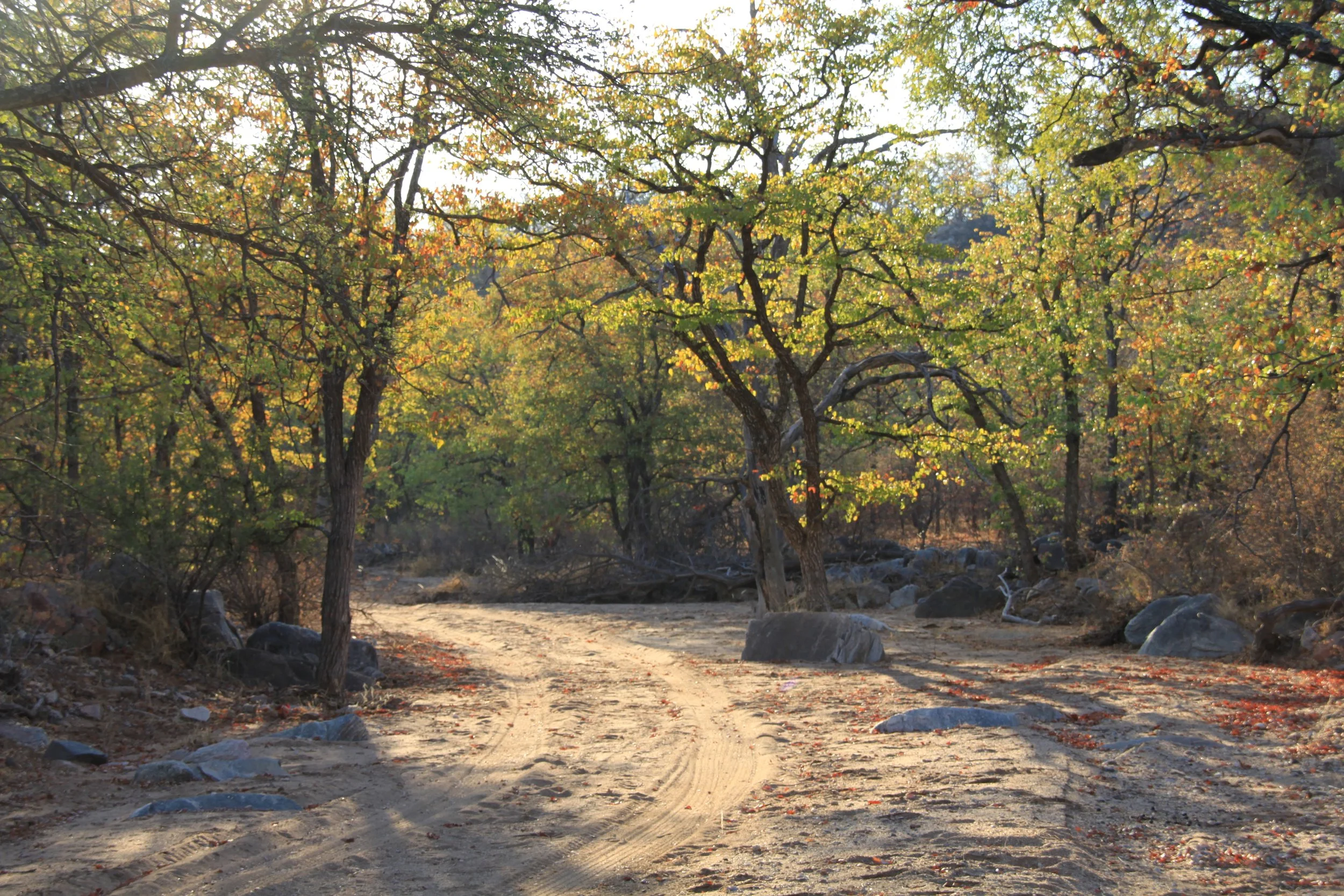
The forest that feeds
Some high-protein foods are kinder to nature
The threat
The development of the Musina-Makhado SEZ and the Greater Soutpansberg Projects coalfields threaten this resource and the rural communities who depend on it.
Read the submissions by WESSA on the inadequately assessed impact of the Musina-Makhado SEZ on this traditional food species and nascent industry in the context of the development's ecological impact.
"In areas such as Rustenburg [in North West Province] which have developed as mining sites, mopane worms have become locally extinct where they previously were abundant. This could also be related to air pollution. Should this hypothesis be found to be correct then all other known mopane worm harvesting sites in the Vhembe District could be affected as such pollution is distributed by air currents."
Dr Cathy Dzerefos (Pr. Sci. Nat.), Tshwane University of Technology
Without their knowledge or consent
Living Limpopo campaigners took to the street markets of Thohoyandhou and the eastern Soutpansberg to speak to people who trade these natural commodities for a living on November 2022 and again in February 2023. Few have even heard of the Musina-Makhado SEZ. Those who have are skeptical. All want their voices heard.
The Vhembe is their birthright. It has been sold without permission.



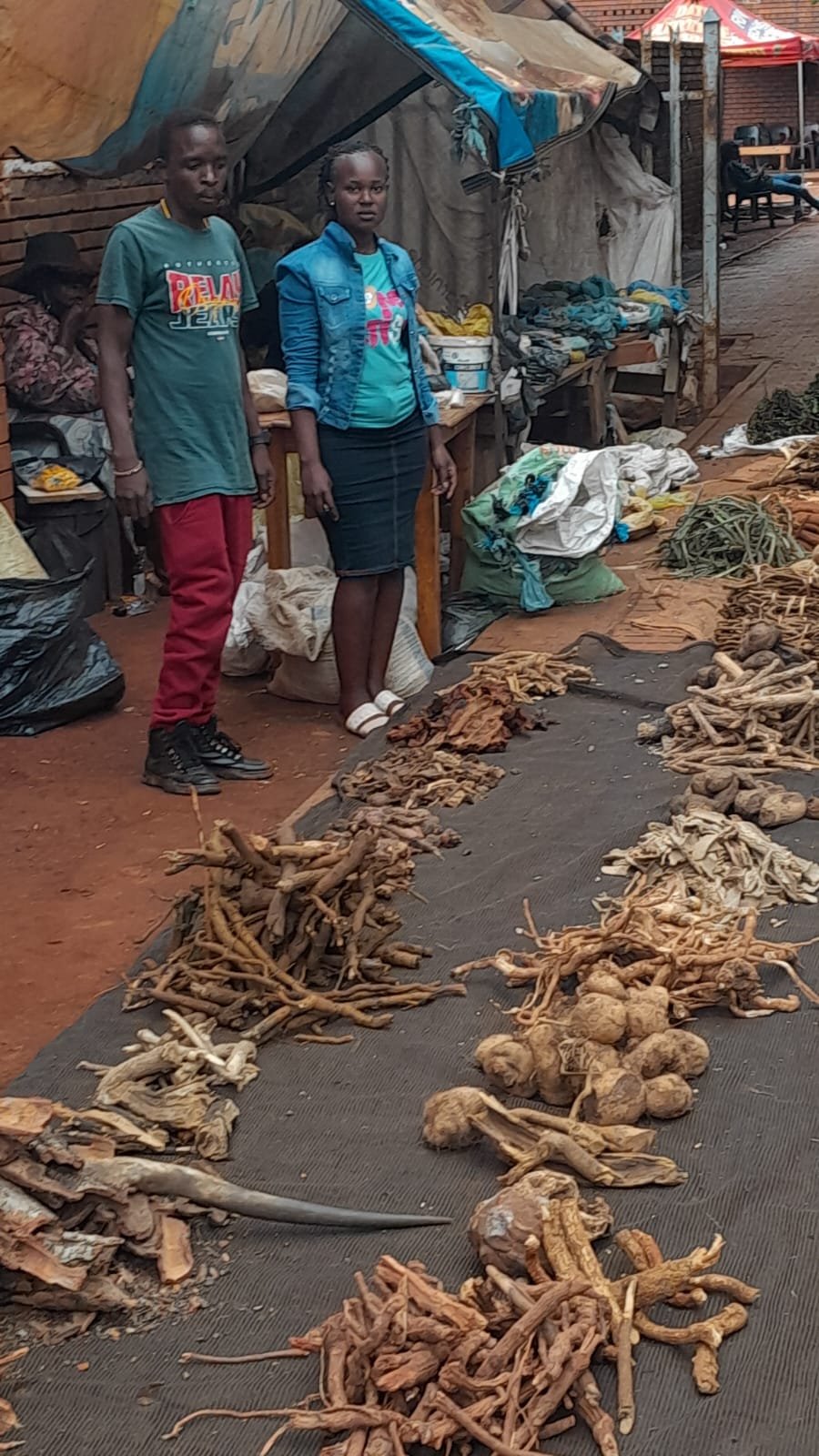
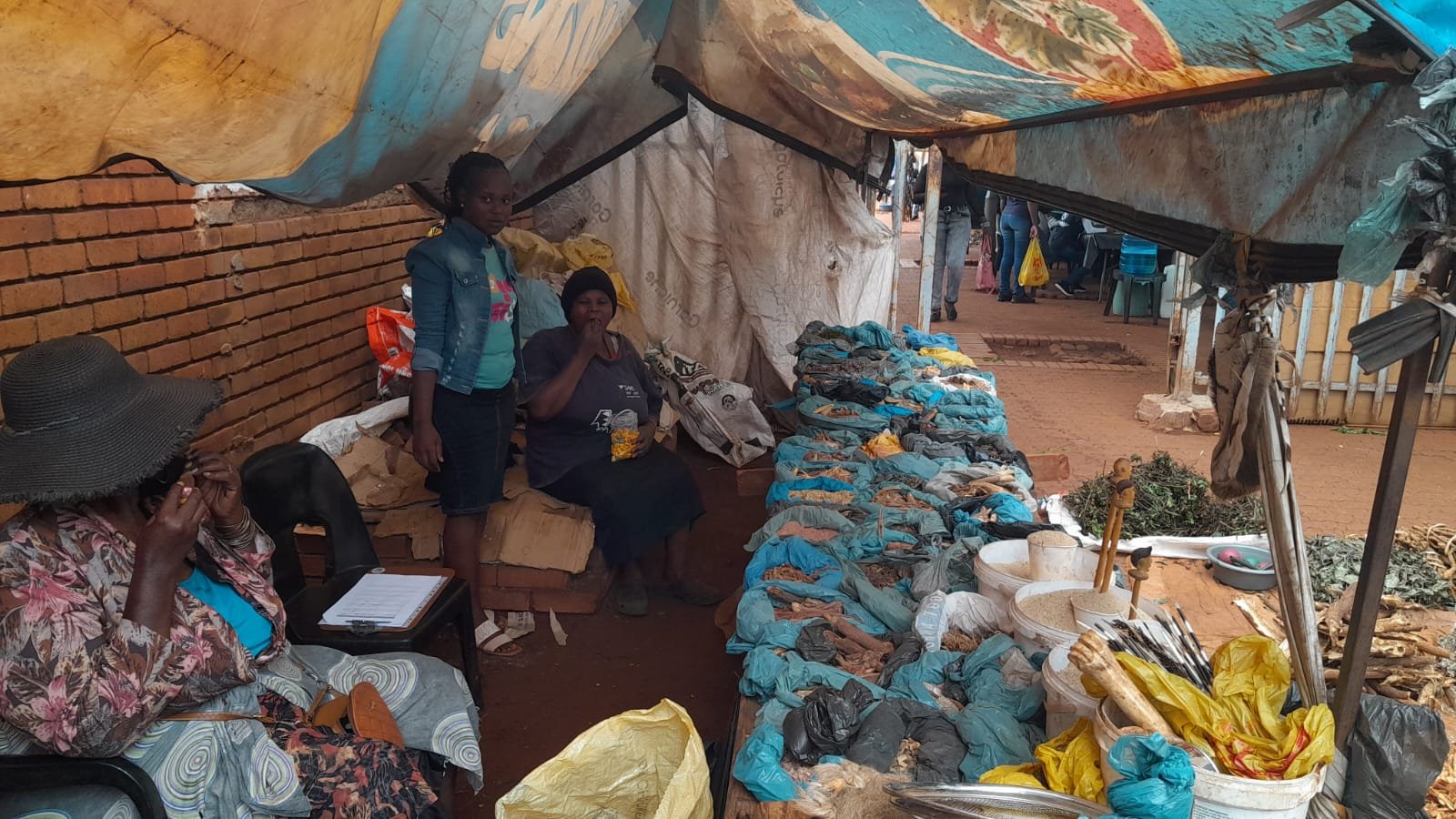
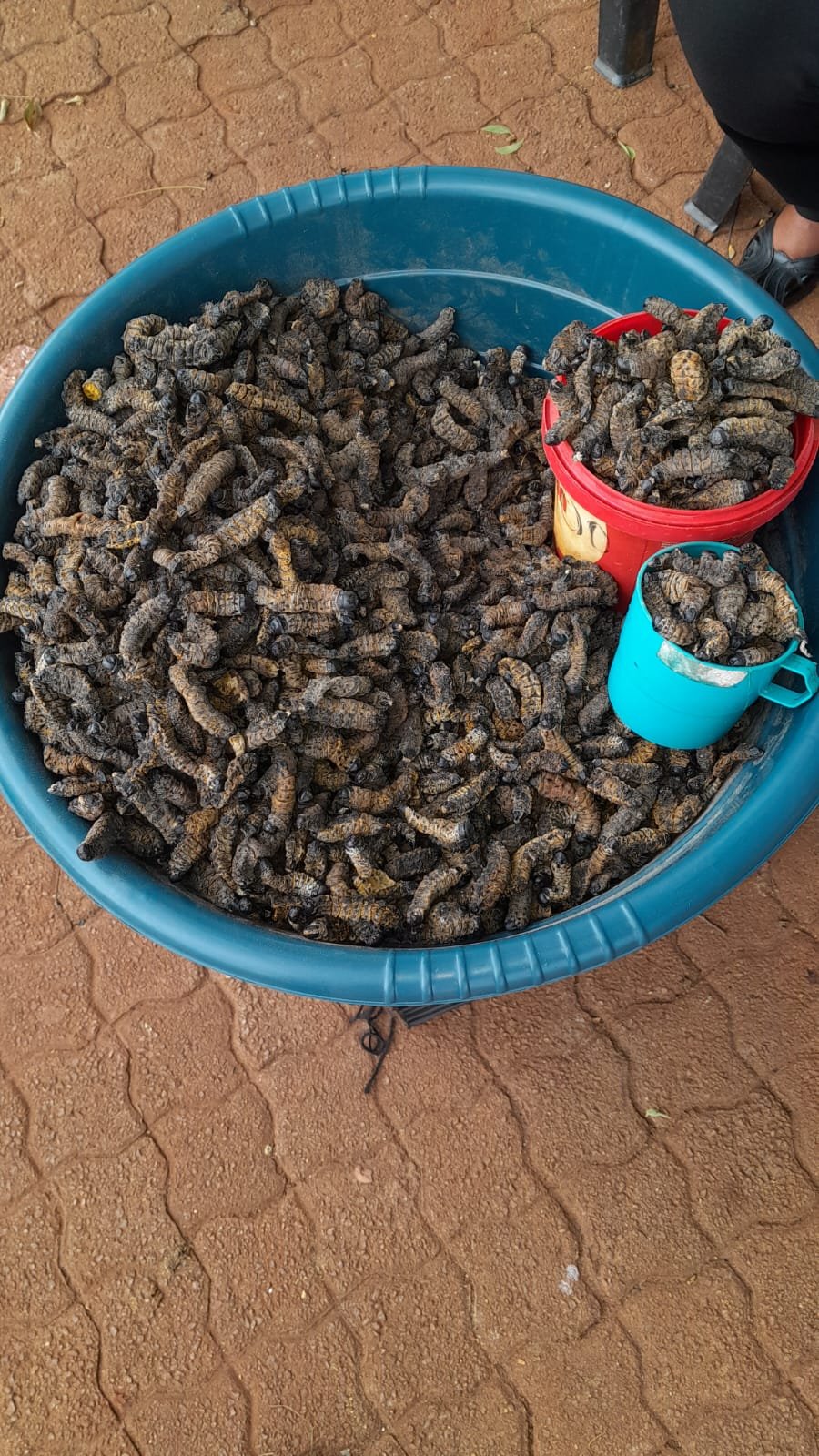
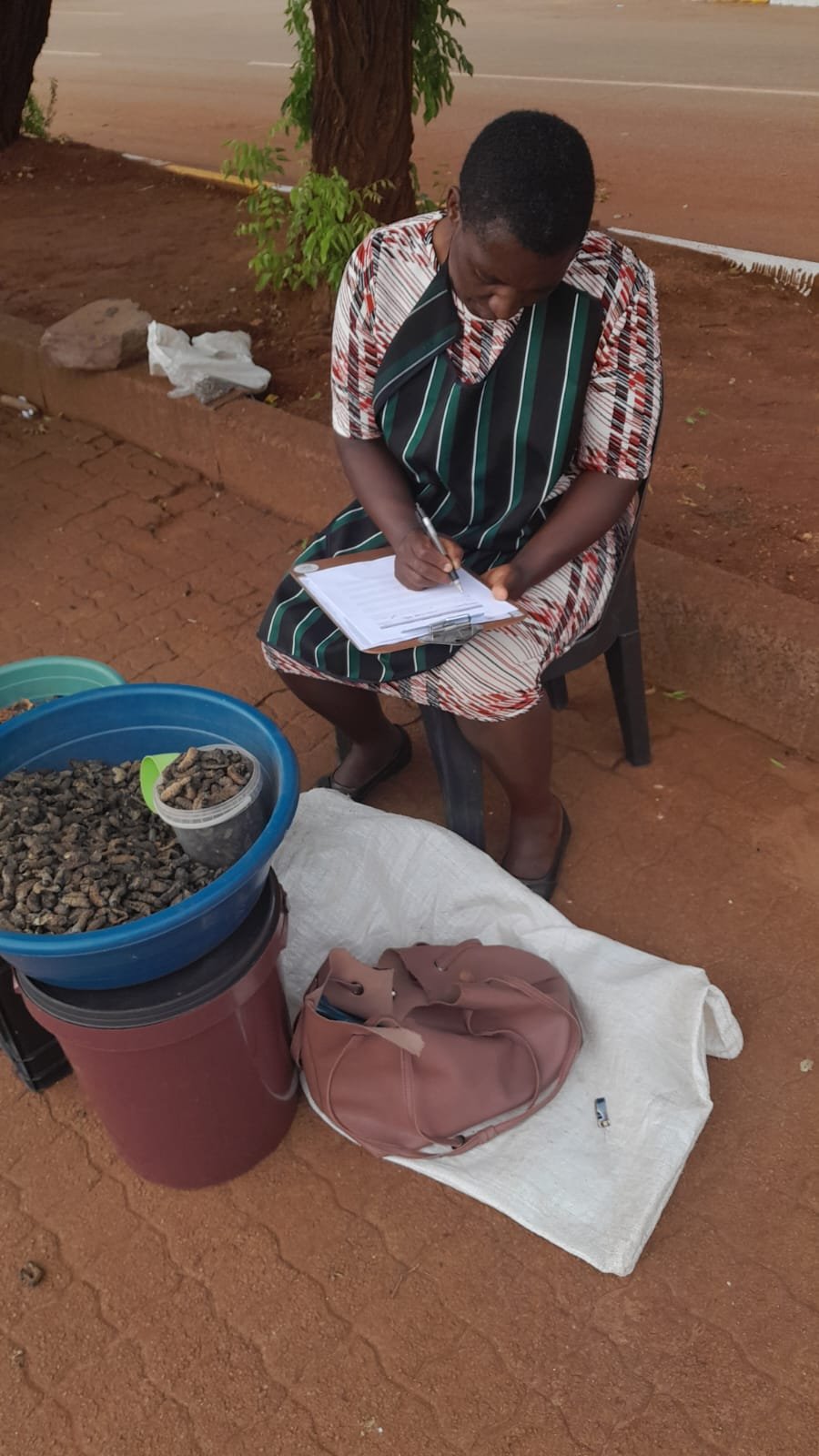
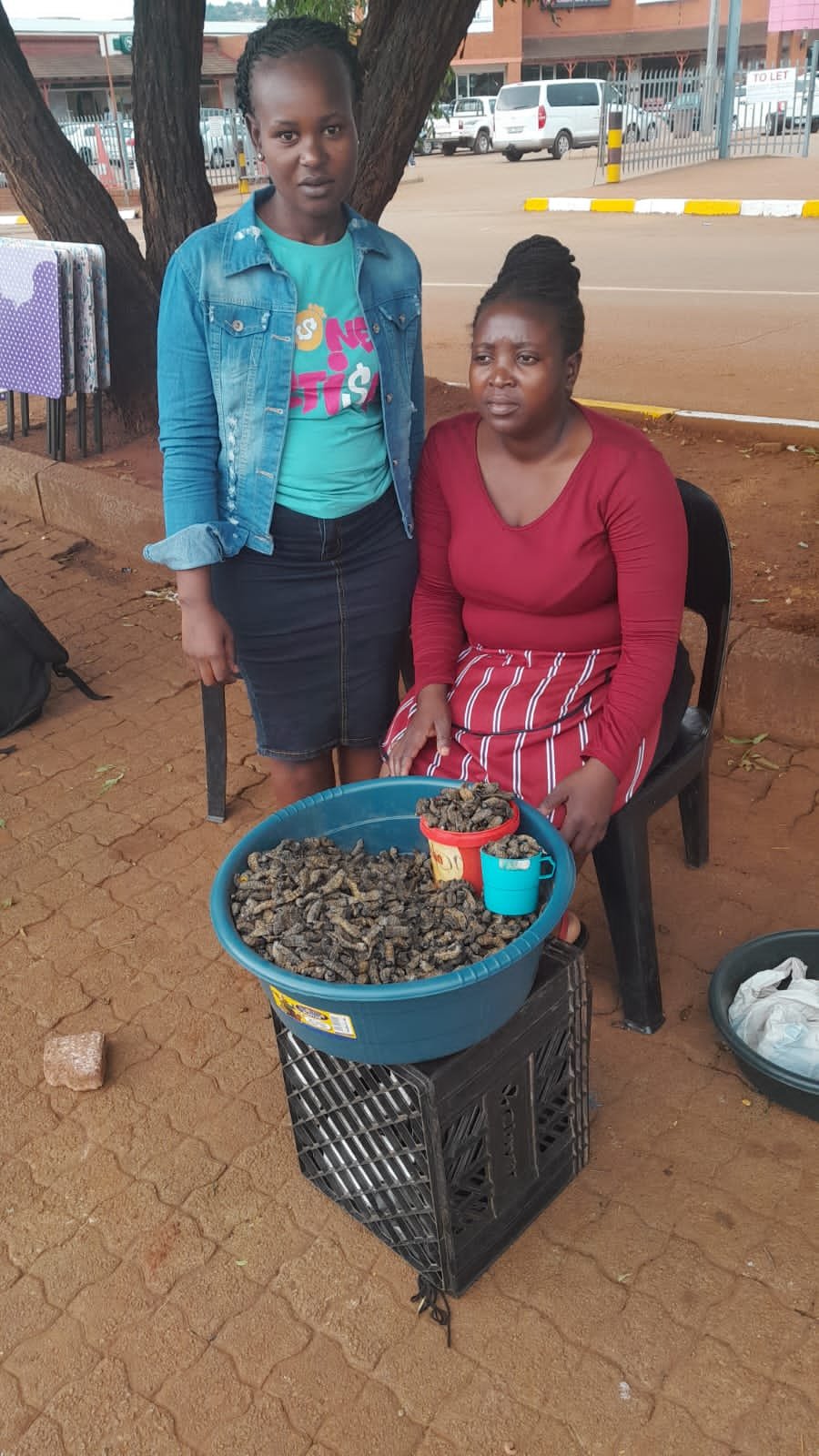
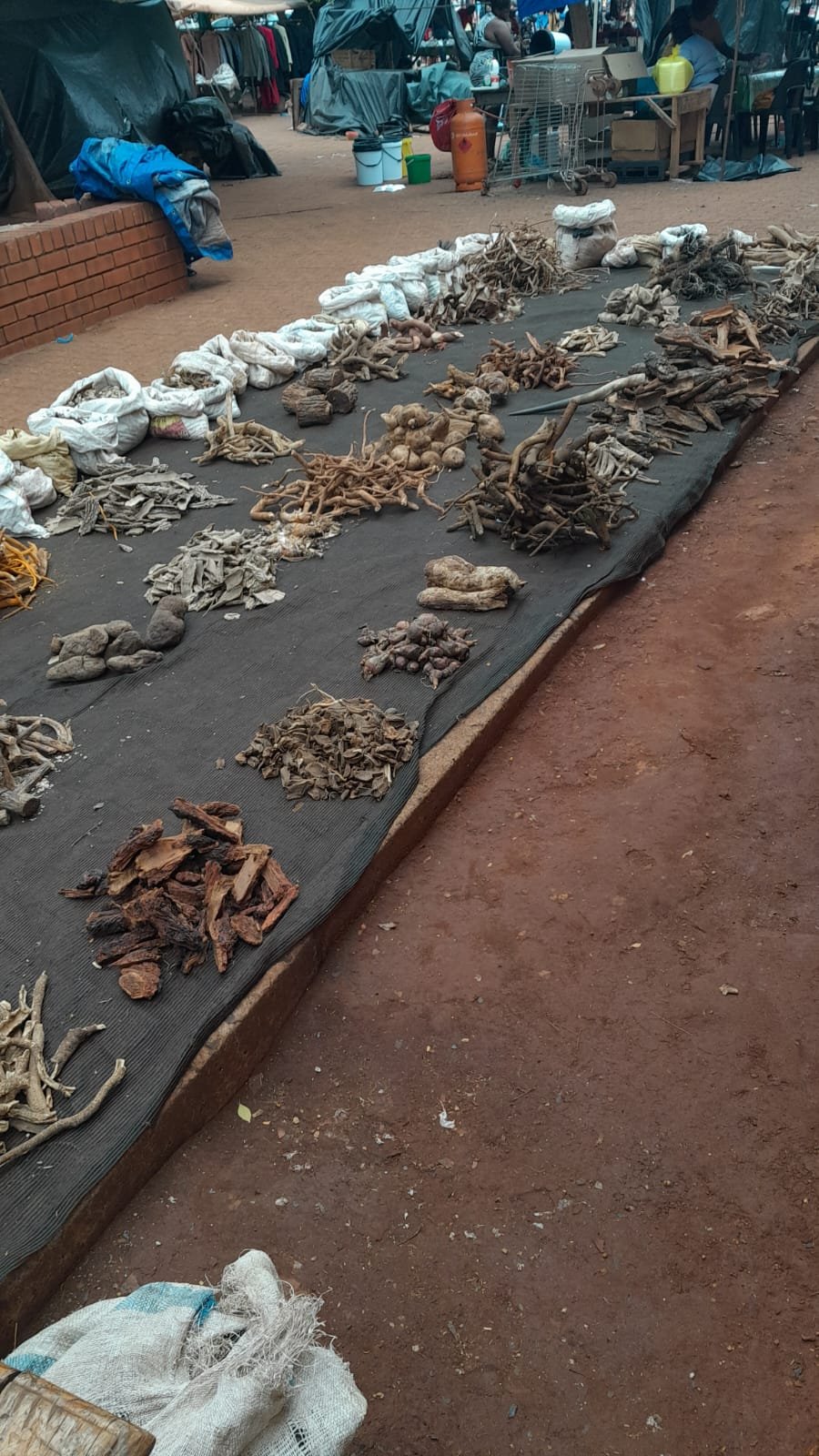

The natural solution
The natural solution
This is your cause too. Join the campaign for a living tomorrow.




